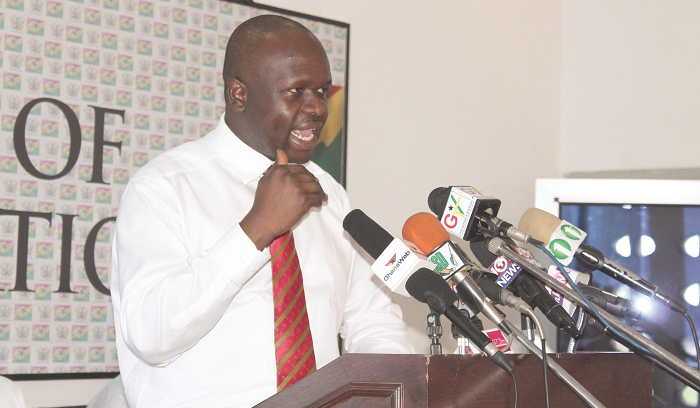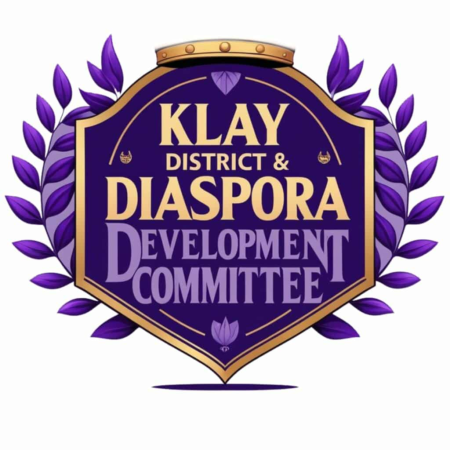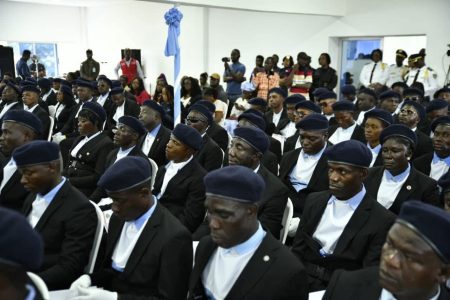The political landscape in Ghana has once again become charged with accusations of electoral manipulation, as former Defence Minister Dr. Omane Boamah alleges a thwarted plot by the New Patriotic Party (NPP) to rig the 2024 general elections. Dr. Boamah claims the NPP had meticulously crafted a strategy to unduly influence the election results, a strategy he asserts was ultimately foiled by the National Democratic Congress’s (NDC) counterintelligence operation, codenamed “Eagle Eye.” This operation, according to Dr. Boamah, involved the strategic deployment of body cameras and an intensified vigilance that effectively caught the NPP off guard and neutralized their alleged attempts at electoral fraud. While the former Defence Minister has not publicly presented concrete evidence to substantiate these claims, his pronouncements have ignited a firestorm of debate and speculation, particularly given their timing immediately following the NPP’s National Delegates Conference.
The crux of Dr. Boamah’s accusation revolves around the NDC’s “Eagle Eye” initiative, which he portrays as a crucial intervention that safeguarded the integrity of the 2024 elections. He maintains that the comprehensive surveillance facilitated by the use of body cameras was instrumental in exposing and disrupting the NPP’s alleged scheme. This claim suggests a narrative of a high-stakes battle behind the scenes, with the NDC actively working to counteract what they perceived as a deliberate attempt by the NPP to subvert the democratic process. The absence of detailed evidence, however, leaves room for skepticism and calls for further clarification regarding the specific nature of the alleged rigging plot and the precise manner in which “Eagle Eye” intervened.
The timing of Dr. Boamah’s allegations is particularly noteworthy, coming on the heels of the NPP’s National Delegates Conference, a significant event in the party’s calendar marking the commencement of their preparations for the 2028 elections. This conference served as a platform for the NPP to showcase its internal restructuring and strategic direction moving forward. The juxtaposition of Dr. Boamah’s accusations with this event has prompted speculation about the motives behind his pronouncements. Some observers have questioned whether his statements are a calculated attempt to divert attention from the NPP’s efforts to reposition itself after the previous election cycle and to cast a shadow over their preparations for the upcoming elections.
The lack of concrete evidence presented by Dr. Boamah to support his claims raises critical questions about the veracity of his accusations. While he maintains that the “Eagle Eye” operation captured evidence of the NPP’s alleged plot, the absence of publicly available data or specific instances makes it difficult to assess the validity of these claims. This lack of transparency fuels skepticism and opens the door for counter-accusations of political maneuvering and attempts to discredit the opposing party. A more detailed account of the alleged events, supported by verifiable evidence, is necessary to lend credibility to Dr. Boamah’s allegations and move beyond the realm of speculation.
The implications of these accusations are significant for the political landscape in Ghana. Allegations of electoral manipulation strike at the heart of democratic processes and can erode public trust in the integrity of elections. If substantiated, such claims would represent a serious breach of democratic principles and warrant thorough investigation and appropriate action. However, unsubstantiated allegations can also be damaging, contributing to political polarization and fostering an environment of mistrust and suspicion. It is therefore crucial for all parties involved to approach such sensitive matters with responsibility and to prioritize the presentation of verifiable evidence to support their claims.
The unfolding situation underscores the importance of transparency and accountability in electoral processes. Robust mechanisms for ensuring the integrity of elections are essential for maintaining public trust and upholding democratic values. These mechanisms should include independent election monitoring bodies, clear and accessible procedures for challenging election results, and robust safeguards against electoral fraud. Furthermore, fostering a culture of political discourse based on facts and evidence rather than unsubstantiated allegations is crucial for promoting healthy democratic debate and preventing the erosion of public trust in the electoral process. The allegations made by Dr. Boamah, regardless of their ultimate veracity, serve as a reminder of the fragility of democratic institutions and the constant need for vigilance in safeguarding their integrity.














